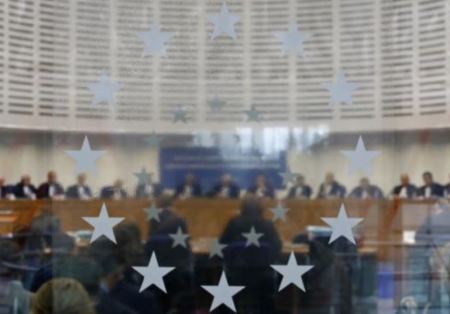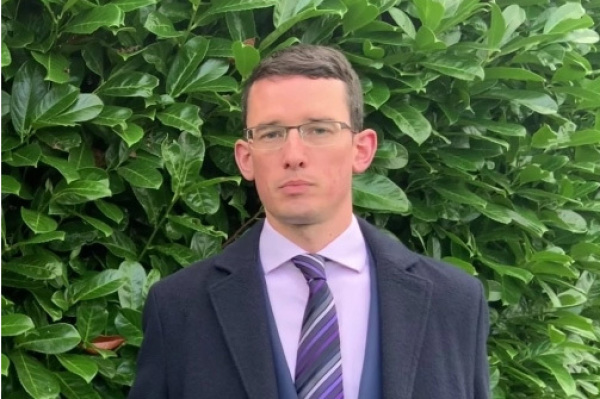Psychotherapist banned from studying trans regret appeals to European human rights court

A psychotherapist is taking a university in the United Kingdom to the European Court of Human Rights for not approving him to study cases of people who have surgery to reverse gender reassignment because it is not a “politically correct” topic.
Bath Spa University in England refused permission to 61-year-old James Caspian, a registered U.K. psychotherapist with 10 years of experience in therapy for transgender individuals, to do the study as part of a master’s dissertation because “engaging in a potentially ‘politically incorrect’ piece of research carries a risk to the University.”
According to the Christian Legal Centre, the university’s ethics subcommittee added that “[a]ttacks on social media may not be confined to the researcher but may involve the University.”
The title of Caspian’s proposed research, which he submitted to the university in November 2015, was, “An examination of the experiences of people who have undergone Reverse Gender Re-assignment surgery.”
The university initially accepted the proposal, but he couldn’t find people willing to take part, BBC reported at the time.
Caspian then amended the proposal by including those who had transitioned to men and reverted to living as women without reversing their surgery. The ethics committee rejected the proposal.
In January 2017, Caspian asked the university to refund his course fees, but the school refused to do so.
By last June, “every avenue of legal proceedings had been blocked,” the statement issued by the legal organization states.
Supported by the Christian Legal Centre, Caspian has appealed the ECHR, which is likely to decide on the case's admissibility in the first half of this year.
“I have been faced with no alternative but to take this case to Europe,” Caspian said in a statement. “Too much is at stake for academic freedom and for hundreds, if not thousands, of young people who are saying that they are being harmed and often silenced by a rigid view that has become a kind of transgender ideology and permits no discussion.”
The application sent to the ECHR states that “the procedural history of Mr. Caspian’s claim fits the very definition of suffering from excessive formalism and a fundamental lack of flexibility.”
“If a university — a place for the exchange of ideas, discussion, dissent, questioning, research and critical thinking — is unable to tolerate the risk of criticism, where then are left the most basic tenets of academic and intellectual freedom of enquiry?” Caspian asks. “The implications for a democratic society of the suppression of information and discussion are deeply worrying.”
The psychotherapist says he feels “morally obliged to speak out because people are telling me that they’ve been harmed, and my profession should do no harm.”
Christian Legal Centre Chief Executive Andrea Williams stated that over the past decade, there’d been a 3,000% spike in “young girls and women being referred to Gender Identity Clinics.”
“This is a phenomenon taking place in every Western nation with many regretting the life-changing decisions they subsequently make,” Williams stated. “Why? That was the question James Caspian wanted to research.”
But thanks to the “current climate,” such attempts to research, explain and answer are “denounced and silenced,” Williams argues. Caspian “will finally have the opportunity to have justice served and to set a crucial legal precedent” at the ECHR.
The psychotherapist’s legal battle comes soon after the U.K. High Court ruled that transgender children should not receive the controversial drugs unless they understand its “long-term risks and consequences.”






















